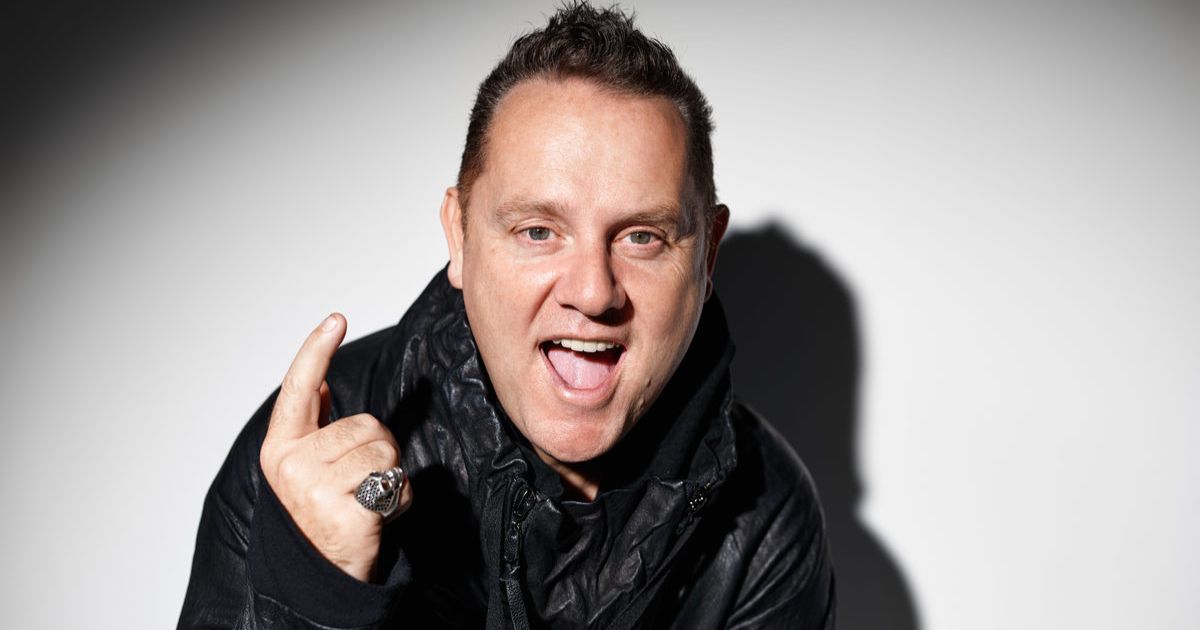A happy mouth equals a happy body

Misconceptions mouth health is "separate" to the rest of the body mean many people underestimate the importance of good dental care. Photo: FREEPIK.COM
Wednesday, March 20 is World Oral Health Day, and the state’s leading oral health agency is reminding people that mouth and teeth health is an important but often overlooked factor in overall body health.
Dental Health Services Victoria (DHSV) is urging Victorians to understand the crucial link between oral and general health, and the importance of children developing good dental habits early.
Royal Dental Hospital of Melbourne director of primary care and senior dentist Dr Dushy Umakhanthan said misconceptions that mouth health was “separate” to the rest of the body meant many people underestimated the importance of good dental care.
“Dental issues are often thought of only as localised problems, such as cavities or gum disease, but oral health is closely connected to overall wellbeing.
“The mouth serves as a gateway to the body. Poor oral health has been associated with various systemic conditions such as cardiovascular disease, diabetes, respiratory infections, and adverse pregnancy outcomes.
“A healthy mouth is essential for proper digestion, enabling the breakdown of food for optimal nutrition. And a healthy smile can also be important for self-esteem and social interactions.”
World Oral Health Day this year has the theme “A Happy Mouth is a Happy Body”.
Dr Umakhanthan said establishing good dental habits in childhood was paramount for long-term oral health.
“By introducing children to a regular oral care routine, including brushing twice a day with fluoride toothpaste, flossing – and encouraging them to make healthy food and drink choices – parents and caregivers help instil practices that become ingrained in daily life.”
“These habits play a crucial role in preventing tooth decay, ensuring the health of baby and adult teeth. Ultimately, teaching children about oral health empowers them to take lifelong responsibility for their overall health and wellbeing.”
She said regular dental check-ups were another important element of good oral healthcare.
“Visiting the dentist regularly helps in the early detection of potential issues, enhances prevention efforts, and allows for the monitoring of changes.”
DHSV chief executive officer Susan McKee recommended families follow the Eat Well, Drink Well, Clean Well guidelines from the Victorian Government’s free school dental program Smile Squad.
“One in four young people and one in three adults have untreated decay. That makes oral disease one of the most prevalent diseases in our community, but it’s also one of the most preventable,” she said.
“Following the basic guidelines of good oral health care – including eating well, drinking well and cleaning well – is a great way for us all to help protect our mouth and overall body health.”
For more oral health advice, head to dhsv.org.au

















